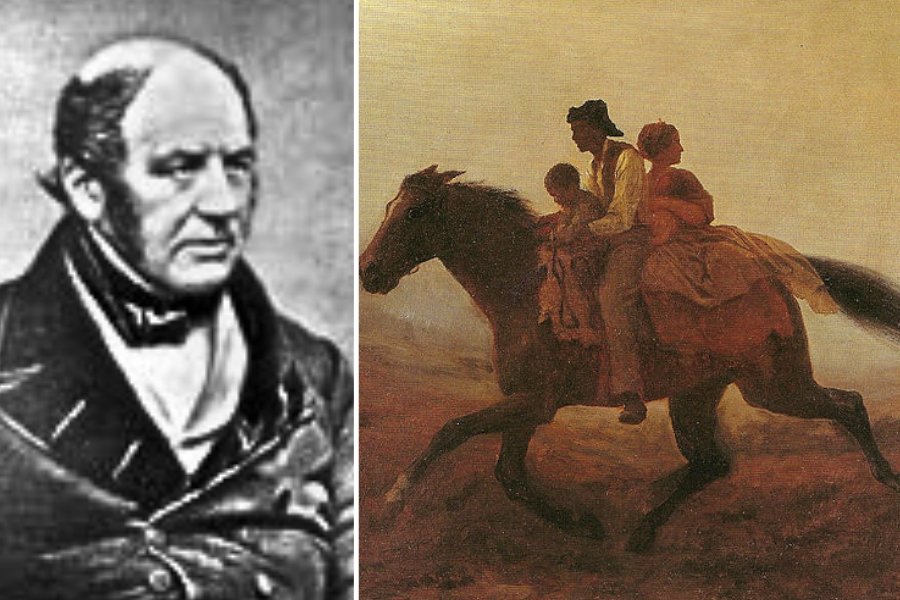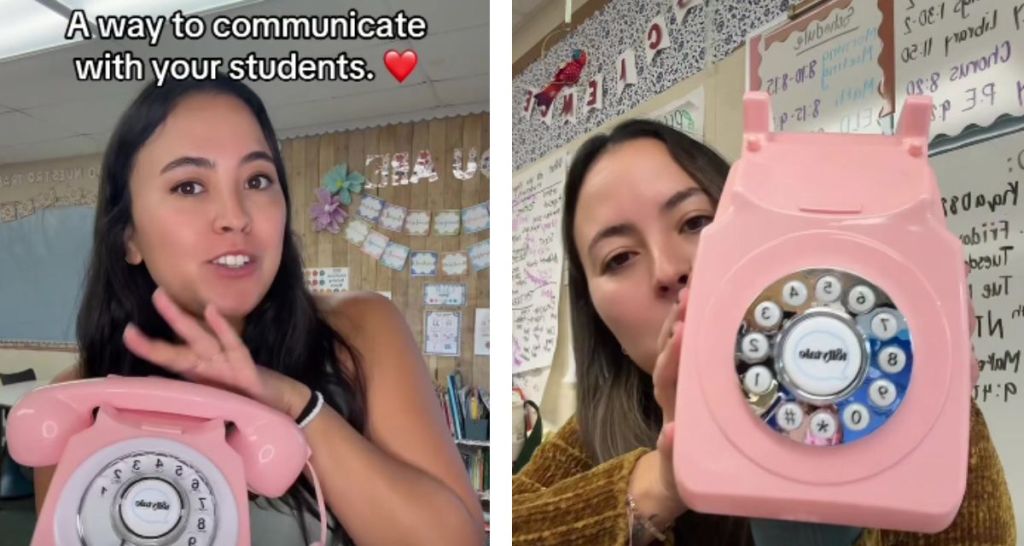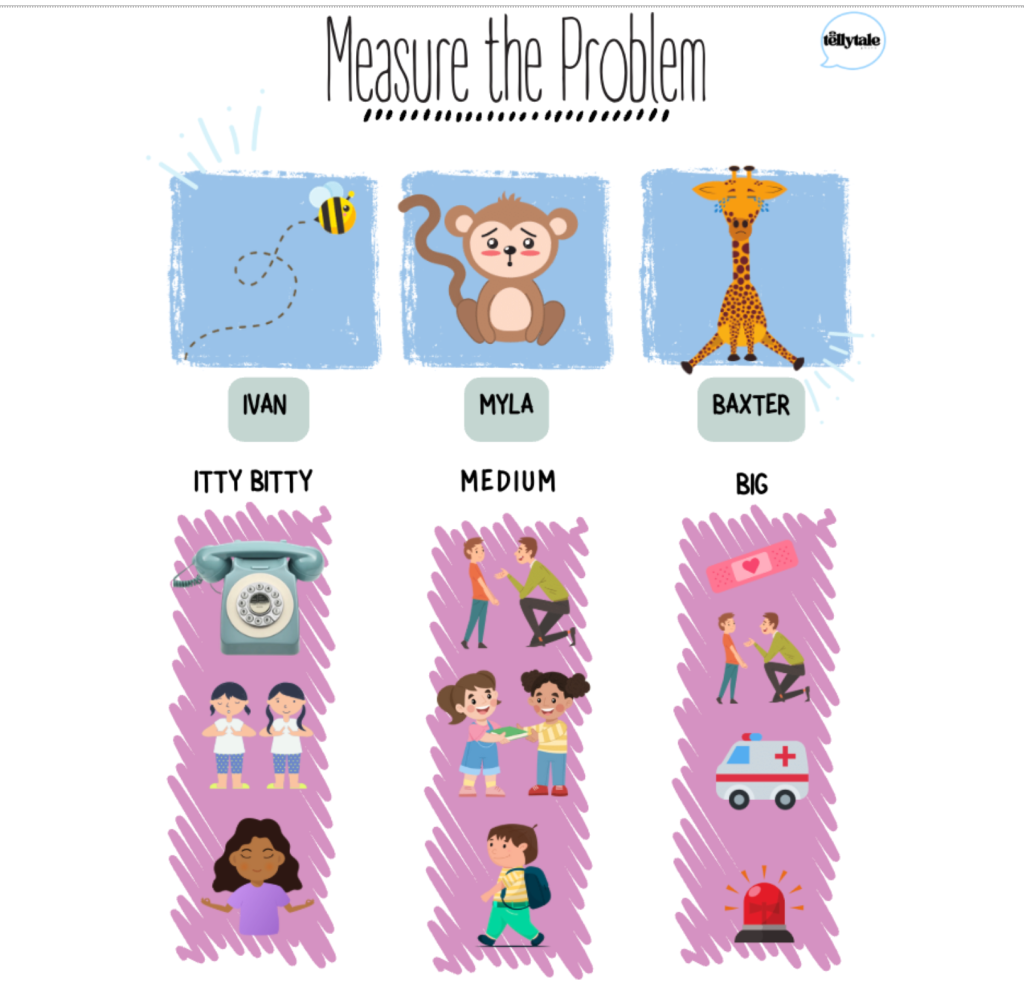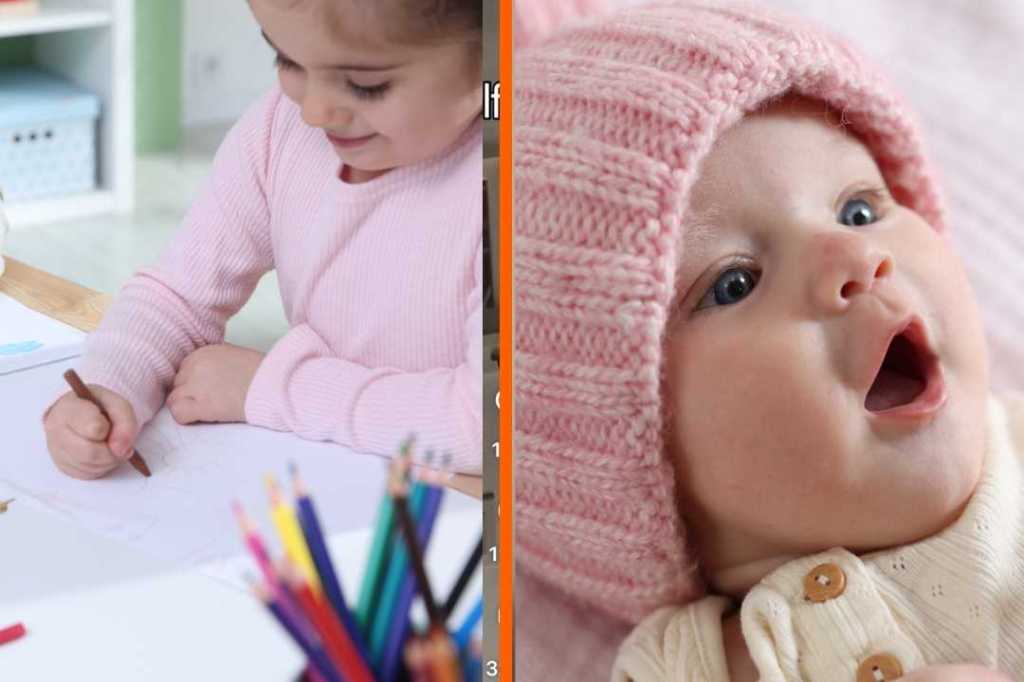If you’ve never heard of drapetomania, you’re not alone. It’s a disease that doesn’t exist anymore. In fact, it didn’t even exist when it was coined, but plenty of people in the Antebellum South believed that it did.
After all, a renowned, well-respected doctor defined “drapetomania”—combining the Greek words for “runaway” and “madness”—as “the disease causing Negroes to run away” in 1851.
Dr. Samuel Cartwright was the first president of the Mississippi State Medical Society and a leading expert on diseases and medicine in the Southern states in the mid-1800s. He was also an unapologetic white supremacist. In a short paper titled, “Diseases and Peculiarities of the Negro Race,” Cartwright managed to pathologize the normal human desire to not be enslaved and even prescribed a “remedy” for it.
To be frank, Cartwright’s explanation of drapteomania, its causes and its cures is a nauseating read, but it’s also an important one. Slavery minimizers often try to argue that “not all masters treated their slaves badly,” insinuating that the enslaved person’s experience wasn’t always terrible (as if being enslaved in and of itself is not terrible). But reading a doctor explain how to cure the “disease” of wanting to escape slavery highlights how even “care” and “kindness” toward enslaved people were often deeply steeped in racism.
I’m sharing the four paragraphs that explain drapetomania in their entirety because reading primary documents is a big part of a full education. (If you want the TL;DR version, it’s basically, “Holy blatant white supremacy, Batman.”)
Again, this came from one of the most renowned doctors in the American South at the time:
“DRAPETOMANIA, OR THE DISEASE CAUSING NEGROES TO RUN AWAY.
It is unknown to our medical authorities, although its diagnostic symptom, the absconding from service, is well known to our planters and overseers…In noticing a disease not heretofore classed among the long list of maladies that man is subject to, it was necessary to have a new term to express it. The cause in the most of cases, that induces the negro to run away from service, is as much a disease of the mind as any other species of mental alienation, and much more curable, as a general rule. With the advantages of proper medical advice, strictly followed, this troublesome practice that many negroes have of running away, can be almost entirely prevented, although the slaves be located on the borders of a free state, within a stone’s throw of the abolitionists.
If the white man attempts to oppose the Deity’s will, by trying to make the negro anything else than ‘the submissive knee-bender,’ (which the Almighty declared he should be,) by trying to raise him to a level with himself, or by putting himself on an equality with the negro; or if he abuses the power which God has given him over his fellow-man, by being cruel to him, or punishing him in anger, or by neglecting to protect him from the wanton abuses of his fellow-servants and all others, or by denying him the usual comforts and necessaries of life, the negro will run away; but if he keeps him in the position that we learn from the Scriptures he was intended to occupy, that is, the position of submission; and if his master or overseer be kind and gracious in his hearing towards him, without condescension, and at the sane time ministers to his physical wants, and protects him from abuses, the negro is spell-bound, and cannot run away.
According to my experience, the ‘genu flexit’–the awe and reverence, must be exacted from them, or they will despise their masters, become rude and ungovernable, and run away. On Mason and Dixon’s line, two classes of persons were apt to lose their negroes: those who made themselves too familiar with them, treating them as equals, and making little or no distinction in regard to color; and, on the other hand, those who treated them cruelly, denied them the common necessaries of life, neglected to protect them against the abuses of others, or frightened them by a blustering manner of approach, when about to punish them for misdemeanors. Before the negroes run away, unless they are frightened or panic-struck, they become sulky and dissatisfied. The cause of this sulkiness and dissatisfaction should be inquired into and removed, or they are apt to run away or fall into the negro consumption. When sulky and dissatisfied without cause, the experience of those on the line and elsewhere, was decidedly in favor of whipping them out of it, as a preventive measure against absconding, or other bad conduct. It was called whipping the devil out of them.
If treated kindly, well fed and clothed, with fuel enough to keep a small fire burning all night–separated into families, each family having its own house–not permitted to run about at night to visit their neighbors, to receive visits or use intoxicating liquors, and not overworked or exposed too much to the weather, they are very easily governed–more so than any other people in the world. When all this is done, if any one of more of them, at any time, are inclined to raise their heads to a level with their master or overseer, humanity and their own good require that they should be punished until they fall into that submissive state which it was intended for them to occupy in all after-time, when their progenitor received the name of Canaan or ‘submissive knee-bender.’ They have only to be kept in that state and treated like children, with care, kindness, attention and humanity, to prevent and cure them from running away.”
Apparently, the idea that an enslaved person might want to escape because they value their own liberty—literally the idea the U.S. was founded on—never crossed the doctor’s mind. Clearly, the “Give me liberty or give me death” rallying cry didn’t apply to Black people.
But what’s most striking about this paper is how grossly manipulative it is. First, the claim that white supremacy is God’s will, which is always disturbing to see written plainly, and then the calculations of exactly how nice you have to be to your slaves in order to “cure” them of the “malady” of wanting to run away from you while still keeping them “submissive” and “governable.” The dehumanization of Black Americans, even while talking about treating them with “humanity,” is striking.
The other big kicker: This was a medical doctor, so a highly educated man. And it’s not like he had zero experience or education outside of the South, either—he attended medical school at the University of Pennsylvania. Often, we associate racism with ignorance, which is a logical (and often accurate) connection. But this doctor’s words are a reminder that, for some people, racism is a conscious decision arrived at through twisted, academic-ish reasoning.
It’s also a reminder that we live in strange times. We have the entirety of human knowledge at our fingertips and all the resources to understand the horrors of race-based chattel slavery in the U.S., and yet we also have state authorities trying to limit what can be taught about slavery in schools. Even when an accurate history of slavery is taught, the idea that runaway slaves were thought to be suffering from mental illness might only be given a sentence or two in a history book. But diving in deeper, seeing where the idea came from and understanding how it was perpetuated by educated, respected members of medical institutions is really eye-opening.
And it’s exactly the kind of thing that should not be ignored, minimized or excluded from education about the U.S. and its history.

































